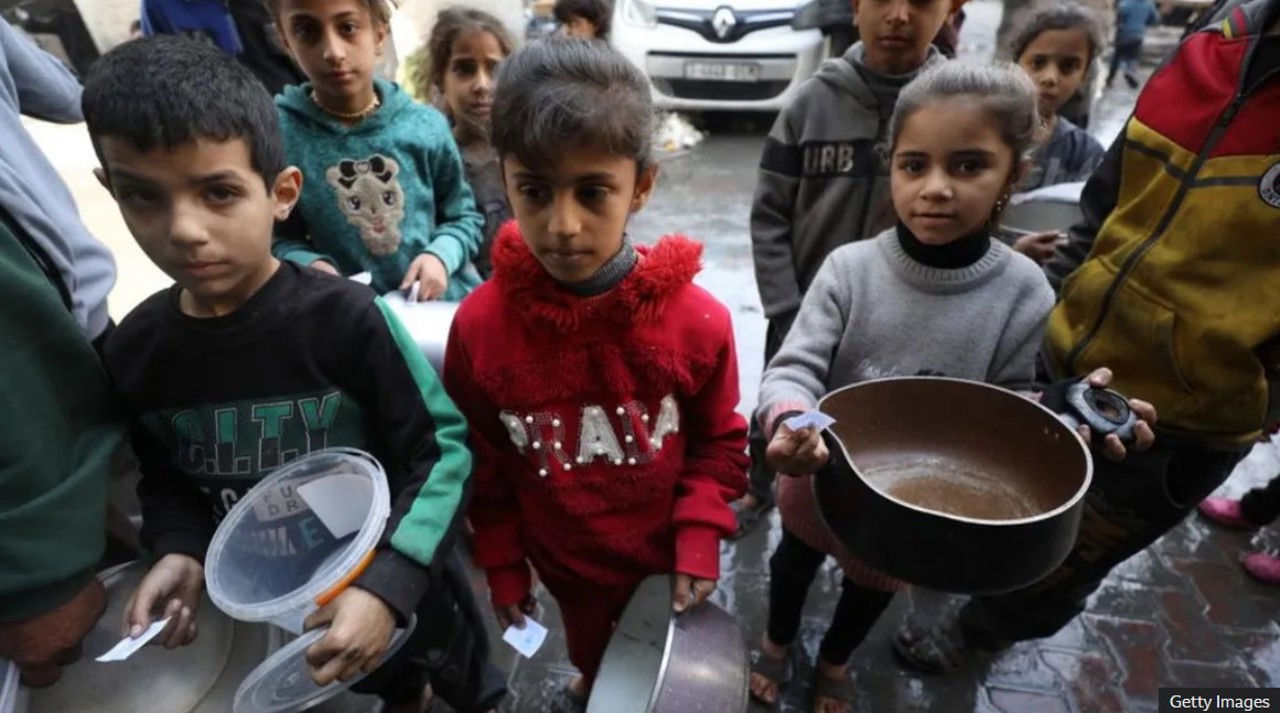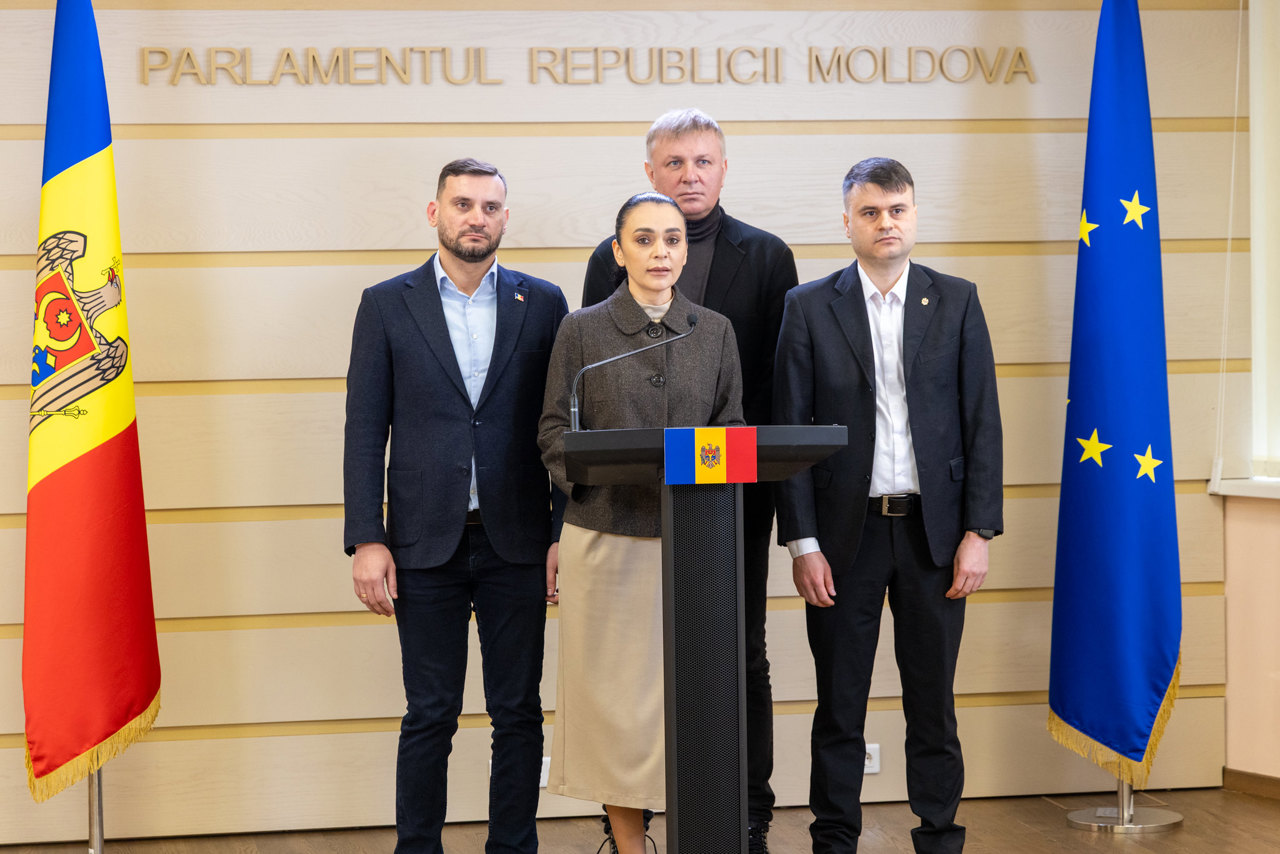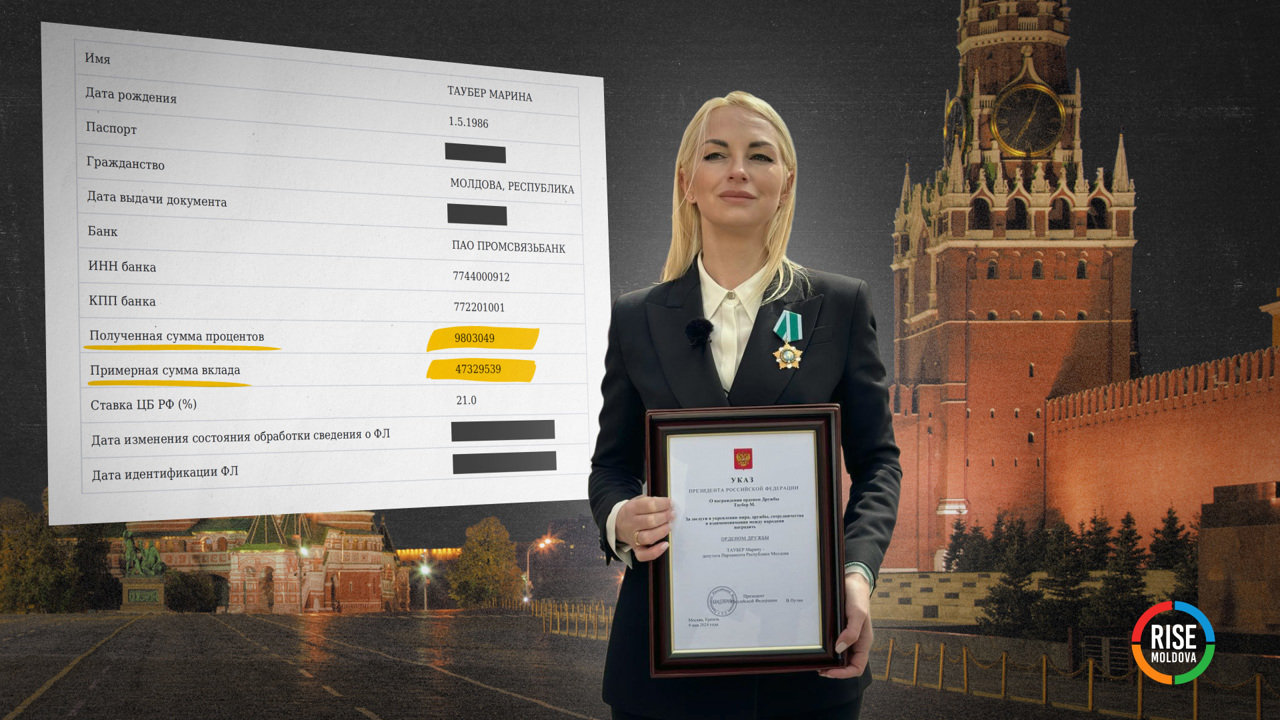Addressing Gaza's Humanitarian Crisis: UN's Urgent Mandate
The United Nations Supreme Court has issued a mandate instructing Israel to facilitate the unimpeded influx of humanitarian aid into Gaza to mitigate the looming threat of famine.

This directive, delivered unanimously by the International Court of Justice (ICJ), emphasises the imperative for Israel to act promptly in enabling "the provision of essential services and urgent humanitarian assistance" without obstruction. Dismissing Israel's rebuttal of unfounded accusations regarding aid blockage, BBC reports.
In response, the Israeli Ministry of Foreign Affairs affirms its commitment to advancing new initiatives and expanding existing channels to facilitate a seamless flow of aid into Gaza via land, air, and sea, in collaboration with the United Nations and other stakeholders, as articulated in an official statement.
This latest pronouncement from the Hague court follows a petition by South Africa urging compliance with a previous order issued to Israel in January, demanding all necessary measures be taken to forestall acts of genocide in Gaza. South Africa cites its obligation as a signatory to the 1948 UN Convention on Genocide to intervene in preventing such atrocities.
Criticism of Israel's military operations in Gaza, particularly from South Africa, underscores a longstanding solidarity with the Palestinian cause, echoed by the ruling African National Congress (ANC).
While legally binding, the ICJ's directives lack enforceability, necessitating action by the UN Security Council to ensure compliance. This decision comes in the wake of a recent report by the Integrated Food Security Phase Classification Global Initiative, led by the World Food Program and others, warning of a dire humanitarian crisis unfolding in Gaza.
The ICJ emphasises Gaza's precarious situation, with 2.2 million inhabitants facing acute food insecurity and the imminent threat of famine, particularly in the northern regions by the end of May. The severity of the situation is underscored by reports of 31 casualties, including 27 children, succumbing to malnutrition and dehydration.
Volker Türk, the UN High Commissioner for Human Rights, underscores Israel's stringent restrictions on humanitarian and commercial aid as contributing factors to the dire conditions in Gaza. Türk asserts a plausible case that Israel's tactics may constitute a war crime if proven intentional.
In response, the ICJ mandates Israel to take all necessary and effective measures, in full cooperation with the United Nations, to ensure unimpeded access to essential services and urgent humanitarian aid on a large scale. Priority assistance includes food, water, electricity, fuel, shelter, clothing, hygiene products, and medical supplies.
Israel's continued military actions in Gaza, despite calls for an immediate ceasefire by the UN Security Council, exacerbate the humanitarian crisis. Recent military raids on al-Shifa Hospital, Gaza's largest medical facility, further compound the plight of thousands of displaced civilians seeking refuge.
Israel alleges that Hamas diverts a significant portion of aid intended for civilians, implicating the UN in its failure to ensure equitable distribution. The ongoing conflict, sparked by an October 7 attack led by Hamas militants, continues to claim casualties and hostages, further escalating tensions in the region.
As the international community grapples with the escalating crisis in Gaza, the UN's mandate underscores the urgency of ensuring unimpeded humanitarian assistance to avert further suffering and loss of life.
Translation by Iurie Tataru





